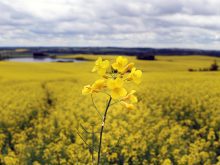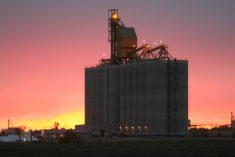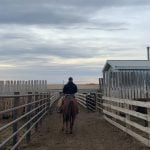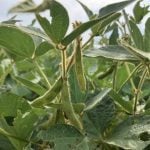FAIRLIGHT, Sask. – Starting over could mean a move from the farm to a town or another province.
For Teresa Walker and her two daughters, it meant a move across the ocean, from their farm in Devon, England, to one in southeastern Saskatchewan.
It wasn’t a hard decision.
After her neighbour’s cattle were infected with foot-and-mouth disease, Walker’s 183 purebred Limousin, Blonde D’Aquitaine and South Devon cows had to be slaughtered.
She began to rebuild, but the government red tape involved in the subsidized environment was onerous. She accumulated a half-tonne feedbag full of paperwork in her 15 years.
Read Also
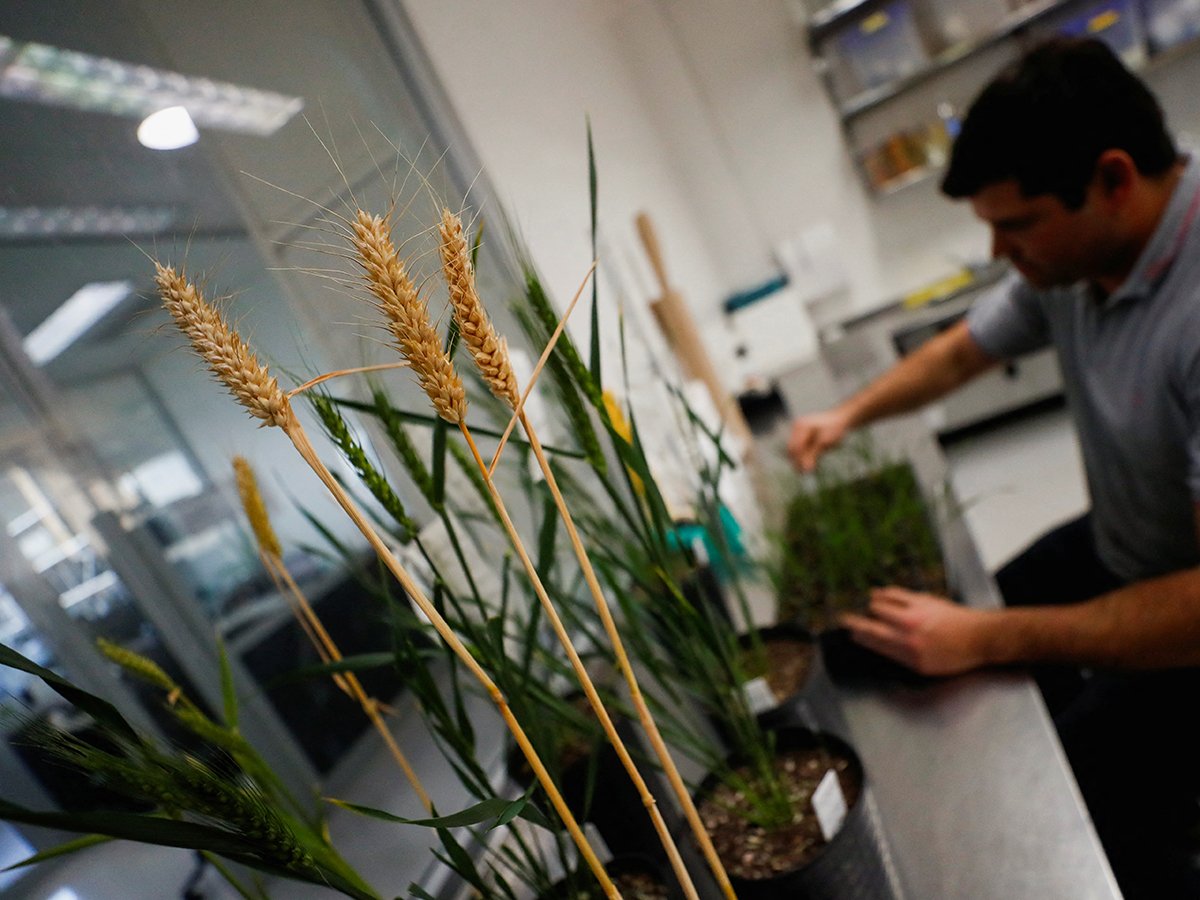
Genetically modified wheat gets closer to reality in U.S.
Argentine company signs deal with Colorado Wheat Research Foundation to commercialize drought tolerant wheat in the U.S.
“You can’t farm without the bureaucracy, but you can’t afford to farm with them either,” she said.
Walker had considered a move to Canada in 1999. She considered it again.
During the 2001 Canadian Western Agribition in Regina, she and one of her daughters visited five farms. Her daughter chose the one they saw last. They bought the 640 acre former bison ranch with a log home, lots of trees and a neighbour next door, and moved in August 2002.
Walker credits the Saskatchewan Immigrant Nominee Program with helping the move go quickly and smoothly. Normally, it takes a year or more to get a Canadian visa, but program staff can speed up that process.
“We signed the (purchase) papers in May and were here in August,” she said. “It’s a wonderful advertisement for Canada.”
Walker’s first winter here, on the other hand, wouldn’t sell as well.
“I knew we’d get the temperatures but I didn’t know we’d get them for a month.”
The 101 Limousin and Limousin-cross cows she purchased last fall began calving in February and continued right through the cold spell in March.
She has ordered 24 embryos from her own cattle left behind in England. Most are Limousin, but some are South Devon.
“Any country needs new bloodlines,” she said. “These are full French Limousin.”
She likes Limousin because they’re lively, grow well, have good mothering ability and produce excellent carcasses.
Last fall, at the national Limousin show and sale in Brandon, she bought what turned out to be the junior champion bull there and at Agribition. The bull was from Payne Livestock in Lloydminster.
Walker said in England it wouldn’t be possible to take a bull that far for a show or sale. The law says an animal can’t spend more than eight hours on a truck, and then must rest for 24 hours.
“Nothing that’s sick can travel,” she said, which means veterinarians must go out to the farms.
Active in farm organizations in England, Walker has already joined the provincial Limousin and stock growers associations. She said there weren’t enough English farmers to fight the government; Canadian farmers shouldn’t take their freedoms for granted.
Walker is enjoying having fewer restrictions and doing far less paperwork.
But she has had to adjust to other things like mosquitoes and grasshoppers and getting dressed in winter clothing to go out and check cows in the middle of the night.
Her 15-year-old daughter, Maria, and 12-year-old, Joanna, are also adapting. Walker said the first month’s phone bill was huge, but has lowered since then.
Friends and family told her she was brave to start over in Canada. Others said they wished they didn’t have so many ties in England or they would give it a try, too.
“We thought we’d be desperate to go back for a holiday,” she said. “But we’re not.”






